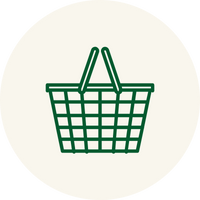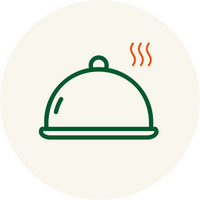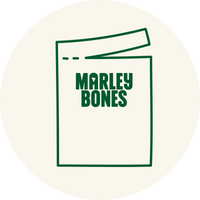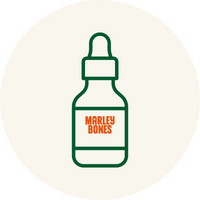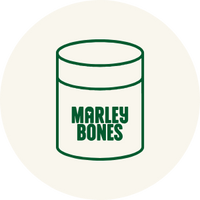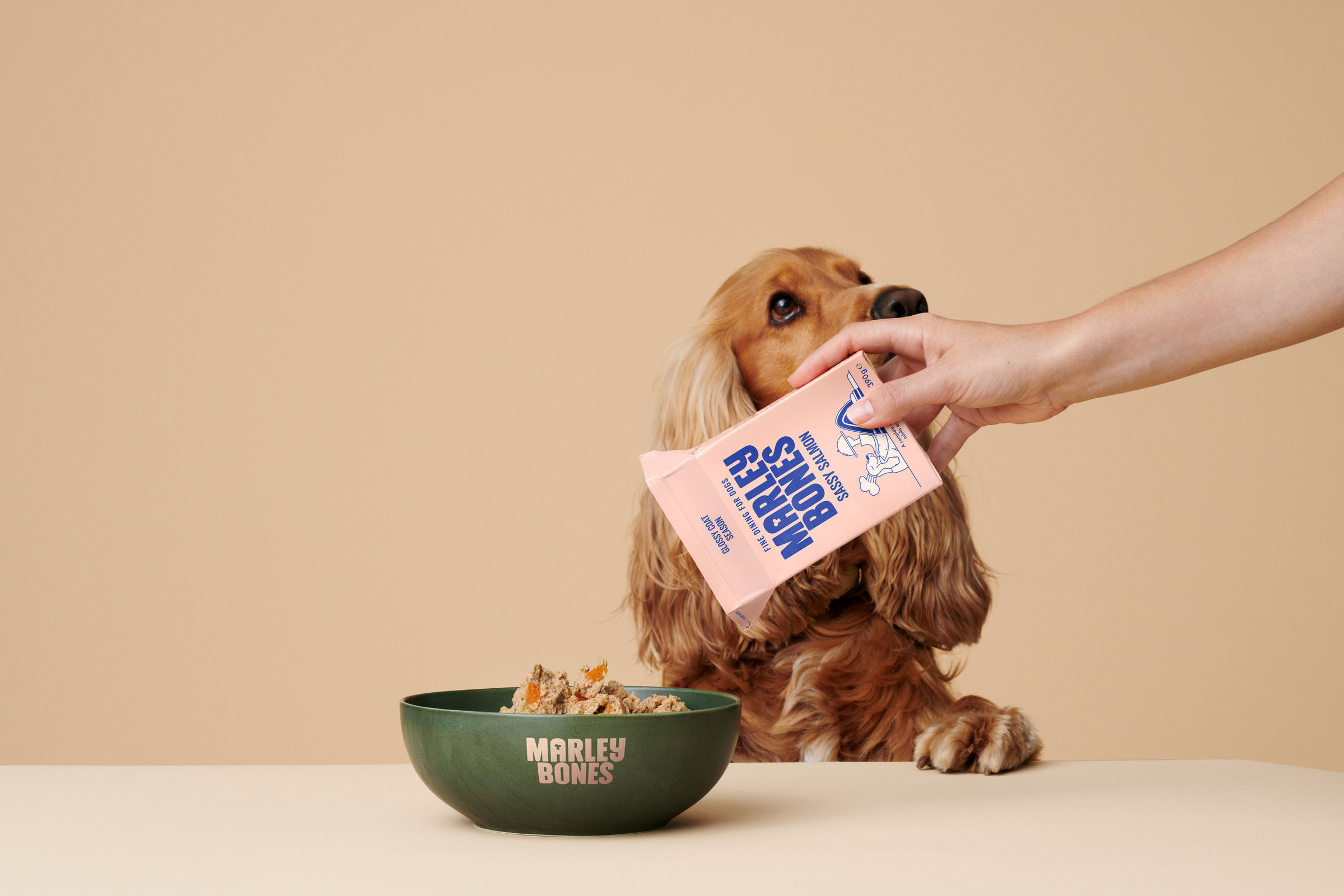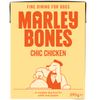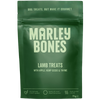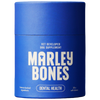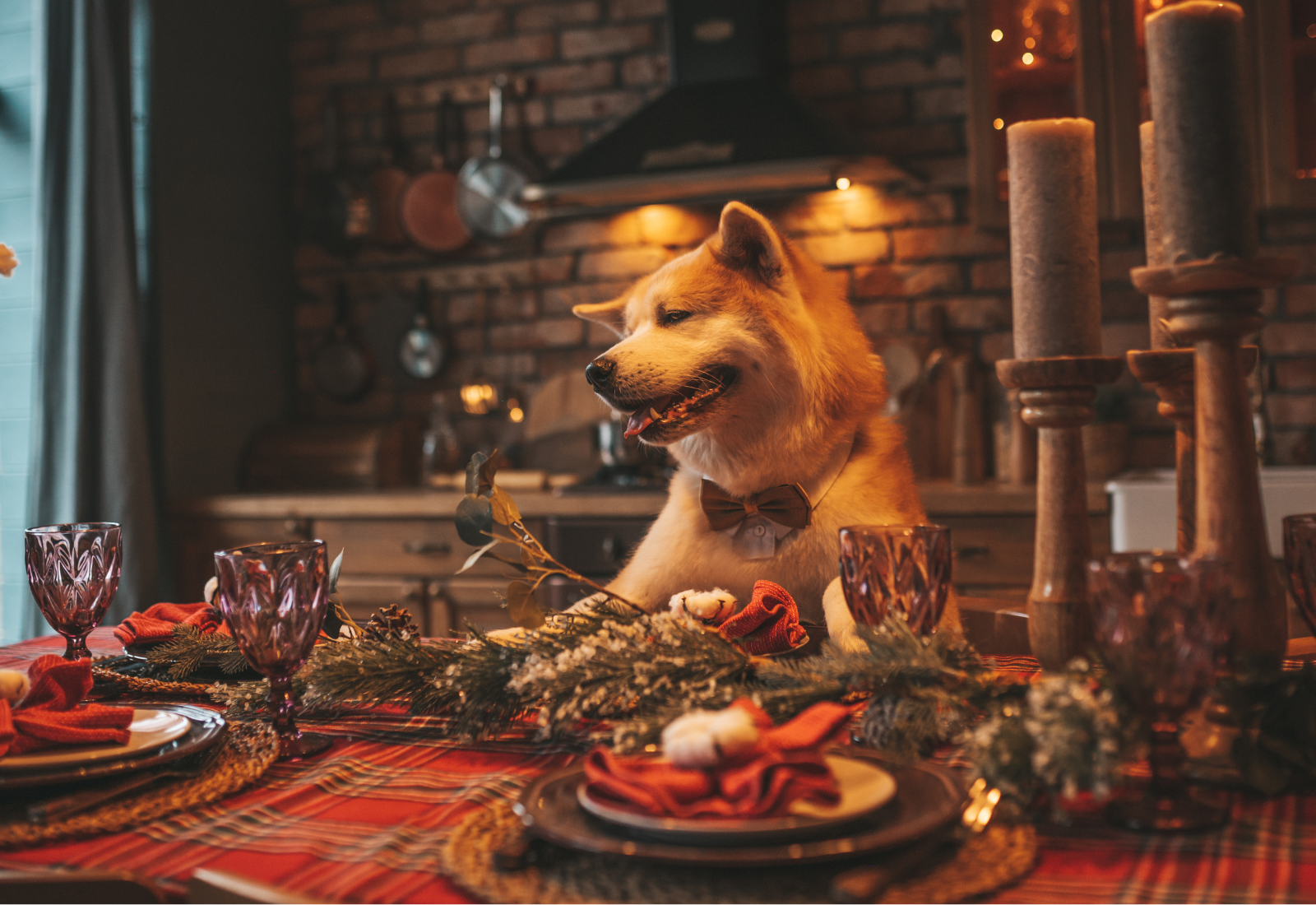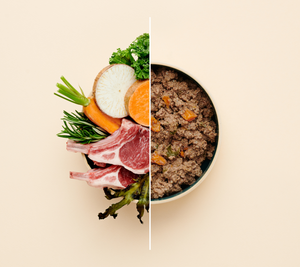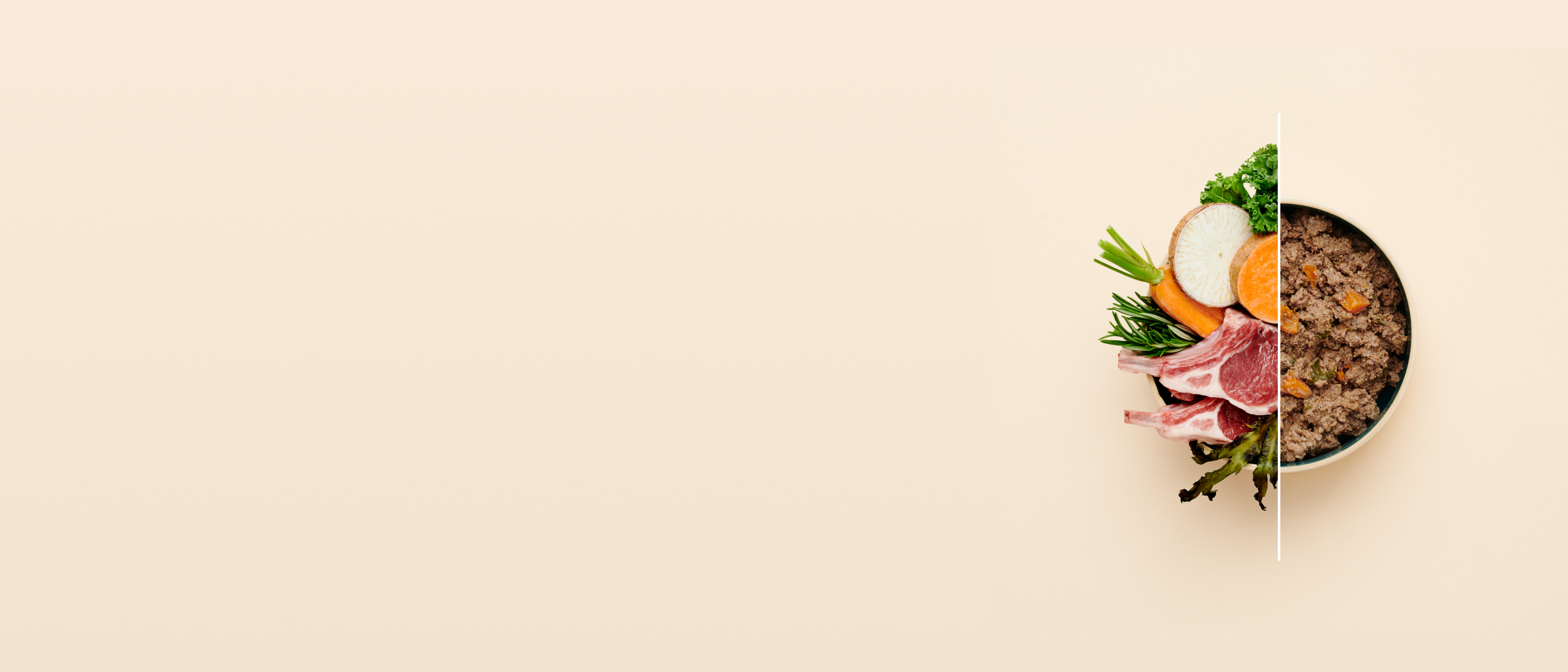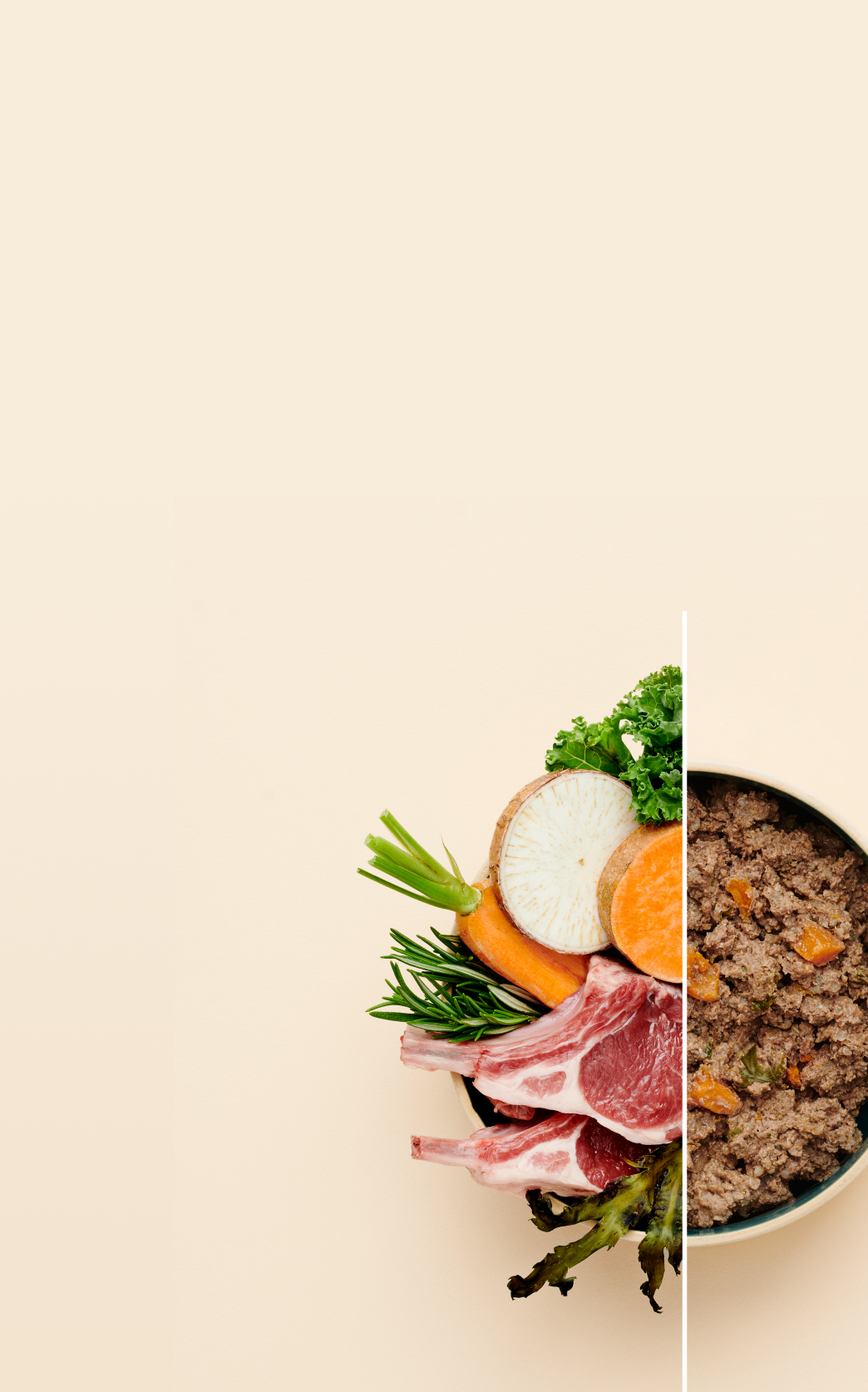Christmas Dinner Foods Toxic to Dogs: What to Avoid
Can Dogs Eat Christmas Dinner? A Guide for Pet Owners
Christmas is a wonderful time of year for families, and that includes your dog too! It’s only natural that you’ll want your four-legged friend to join in the festivities. From buying them presents to sharing in the joy of the Christmas dinner, it’s easy to want to include them. However, it’s important to know which foods are safe and which ones should be avoided at all costs.
In this guide, we’ll explore which common Christmas dinner foods are safe for your dog to enjoy and which ones could cause serious health problems.
Key Takeaways
-
Safe foods: Dogs can enjoy turkey (boneless and skinless), cranberry sauce (unsweetened), and certain vegetables like green beans, peas, and swede in moderation.
-
Foods to avoid: Keep your dog away from chocolate, onions, garlic, stuffing, mince pies, and Christmas pudding, as they can be toxic to dogs.
-
No gravy or dairy: Gravy is too salty and fatty, while dairy products can cause digestive issues due to lactose intolerance.
-
Toxic plants: Be cautious of mistletoe, holly, and ivy, which are toxic to dogs, sokeep them out of reach.
-
Portion control: Even safe foods should be given in moderation to prevent digestive upset. Always ensure human food does not replace a balanced dog diet.
Common Christmas Dinner Foods and What Dogs Can (and Can’t) Eat
Many traditional Christmas dinner foods are not suitable for dogs, while others can be given in moderation. Here's a breakdown of some of the most popular festive foods and whether they’re safe for your dog:
Can Dogs Eat Turkey?
Yes, dogs can enjoy turkey, but only if it’s boneless and skinless. Turkey skin is too fatty and can cause digestive issues, while turkey bones pose a serious choking hazard and can damage your dog’s digestive tract. Always ensure the turkey is cooked thoroughly and free from any seasonings or additives.
Can Dogs Eat Gravy?
No, it’s best to avoid giving your dog gravy. While your dog may love the taste, gravy is typically too salty and fatty for them. This can lead to stomach upset, vomiting, and diarrhoea. Instead, you could try specially formulated gravy designed for dogs to give them a similar experience.
Can Dogs Eat Stuffing?
No, stuffing is unsafe for dogs due to ingredients like onions, garlic, and various herbs. These can cause digestive distress and even be toxic to dogs, leading to potential red blood cell damage or anaemia.
What About Christmas Pudding and Mince Pies?
No, both Christmas pudding and mince pies are highly toxic to dogs. They contain raisins, currants, and sultanas, all of which can cause severe kidney damage. Even small amounts can be dangerous, so keep them well out of reach.
Can Dogs Eat Pigs in Blankets?
While your dog may enjoy the taste of bacon-wrapped sausages, pigs in blankets are too high in fat and salt for dogs. If you want to treat your dog with pork, choose lean cuts that are well-cooked and always in moderation.
Other Foods to Avoid During the Festive Season
There are several ingredients and foods that should never be included in your dog’s Christmas meal. The following are particularly harmful and should be kept far from your pet’s reach during the holidays:
Chocolate
Chocolate is extremely toxic to dogs, especially dark chocolate, which contains higher levels of theobromine. Even small amounts can cause agitation, tremors, seizures, and, in extreme cases, heart problems. If you suspect your dog has consumed chocolate, contact a vet immediately.
Onions, Garlic, and Bulb Vegetables
These common Christmas vegetables are part of the Allium family and are toxic to dogs. Consuming them can cause red blood cell damage, leading to anaemia. Ensure that any food containing onions or garlic is kept away from your dog.
Nuts
While nuts like macadamia nuts and walnuts are often enjoyed during the Christmas period, they are toxic to dogs and can cause neurological issues or even seizures. Keep nuts securely stored and out of your dog’s reach.
Milk and Dairy
Milk and dairy products such as cream and cheese may seem like a festive treat for your dog, but many dogs struggle to digest lactose. This can lead to stomach upset, including diarrhoea and vomiting. It's best to avoid giving them dairy products.
Safe Foods for Your Dog’s Christmas Dinner
Fortunately, there are several foods that can be safely added to your dog’s Christmas meal. Here are some festive favourites that won’t harm your dog:
Cranberry Sauce
Yes, dogs can eat cranberry sauce, but make sure it’s unsweetened and contains no added nuts. A small amount can be a delicious treat to top off your dog’s turkey, but it should be served in moderation.
Potatoes
Boiled or mashed potatoes (without butter or salt) are safe for dogs in small portions. Avoid giving them roast potatoes or those with added fat, salt, or seasoning, as these can upset their stomach. Only offer small amounts due to the starch content.
Vegetables
Many vegetables that are part of a Christmas dinner can be enjoyed by dogs, such as:
-
Green beans
-
Brussel sprouts
-
Peas
-
Parsnips
-
Swede
Ensure the vegetables are cooked simply (without butter or seasoning) and given in moderation. Too much can lead to digestive upset, such as wind or diarrhoea.
Plants to Be Aware of During Christmas
It’s not just food that can pose a danger to your dog over Christmas – there are many seasonal plants that are toxic to dogs. Keep these out of reach during the festive period:
-
Mistletoe, holly, and ivy – All of these contain toxins that can cause stomach upset if ingested.
-
Christmas trees – While not toxic, the sharp needles of Christmas trees can cause internal injuries if your dog chews on them. Make sure to keep your dog away from the tree and its decorations.
